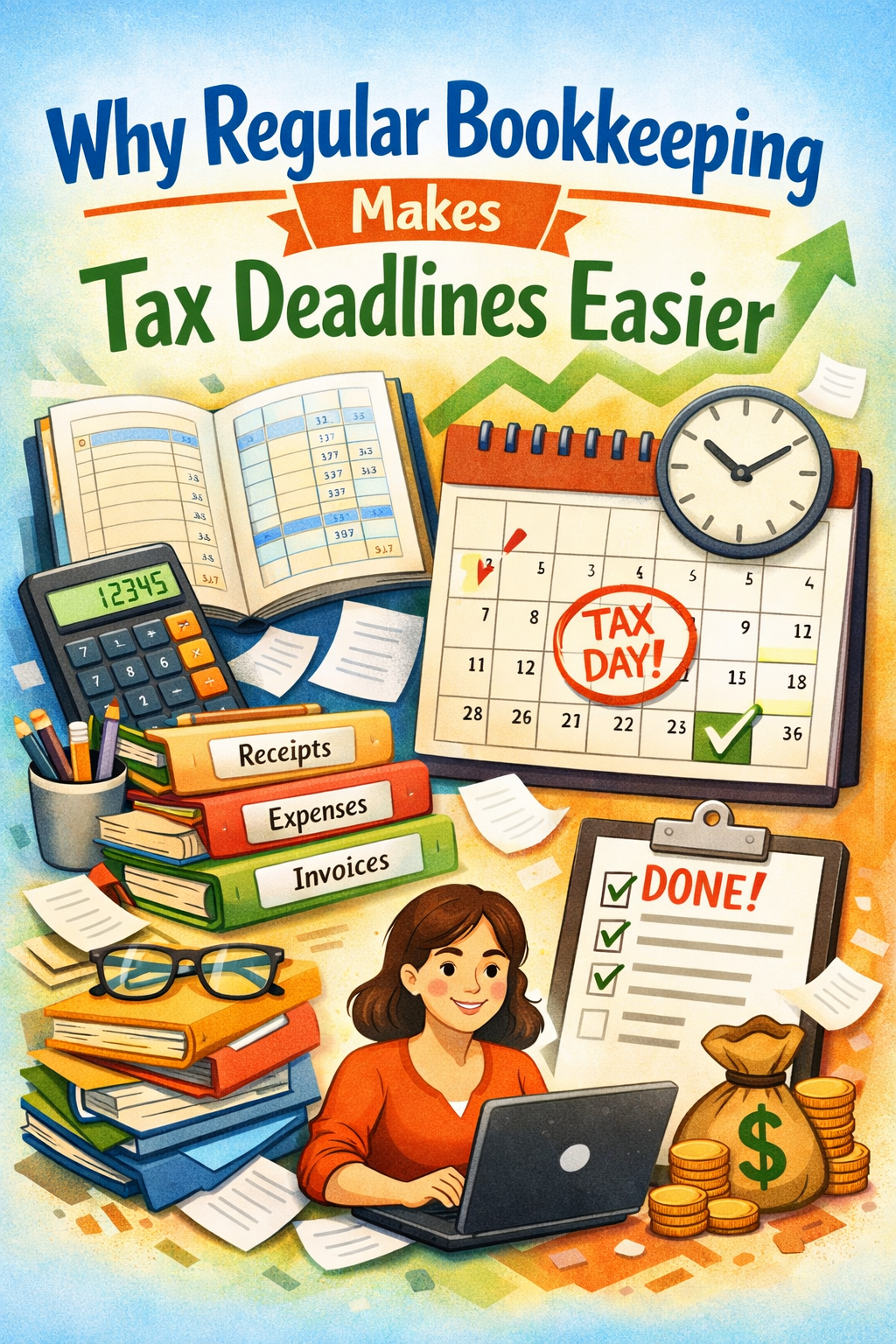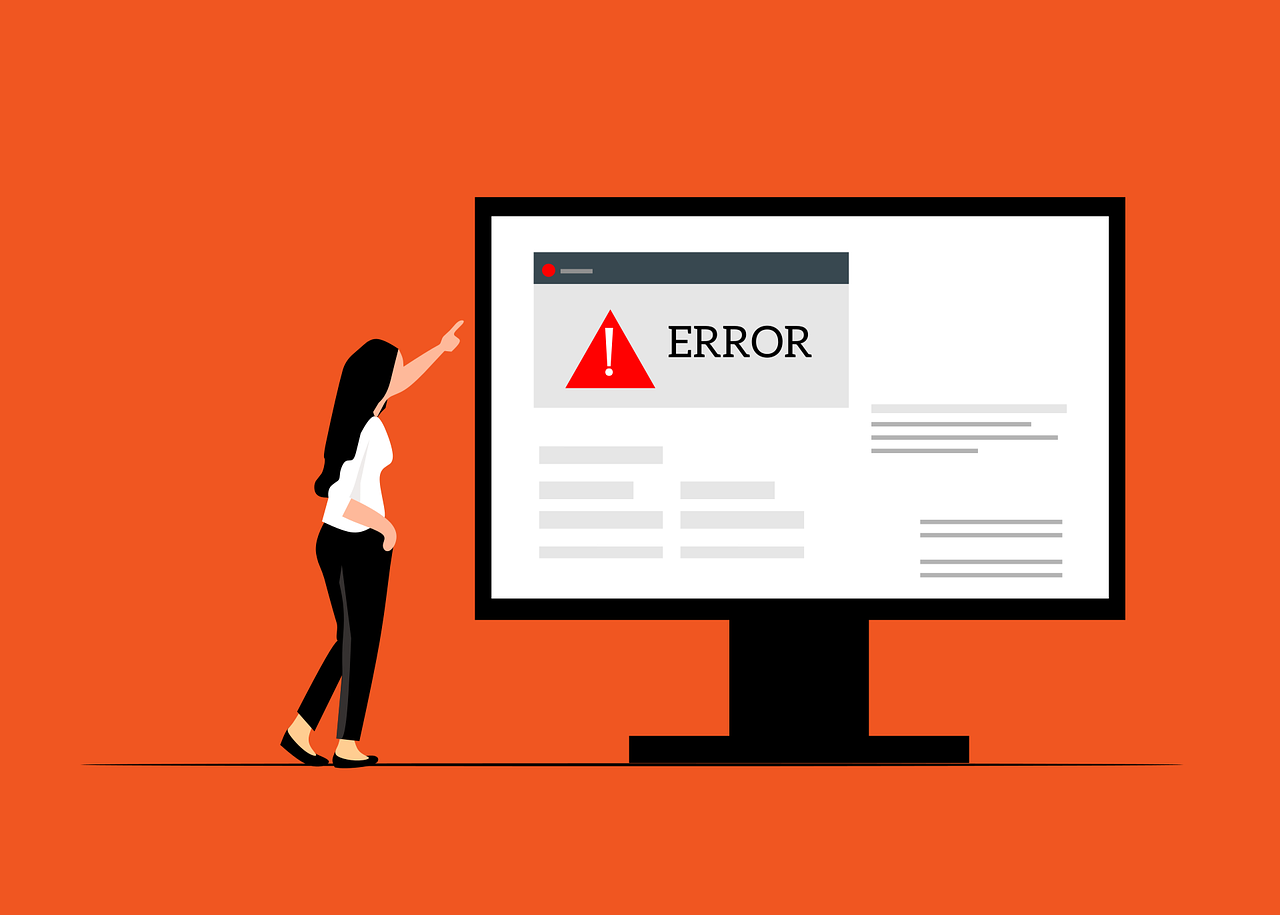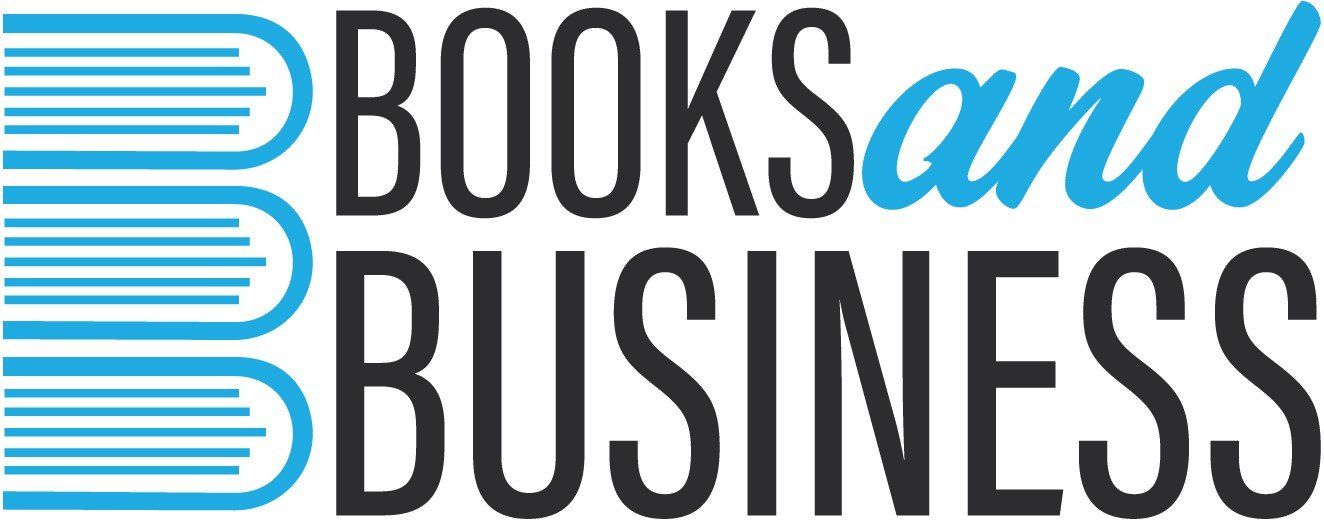Bookkeeping services - what's the point?
In order to run a successful business a business owner must wear many hats, it can be a challenging experience particularly when it comes to managing the companies finances. Financial management is a crucial aspect of any business, but it can be time-consuming and complex. This is where a bookkeeper can help. In this blog, we'll explore how a bookkeeper can assist a business owner in managing their finances and why it's beneficial to have a bookkeeper.
What is a bookkeeper, and what do they do?
A bookkeeper is responsible for maintaining accurate financial records for a business. This includes recording all the financial transactions, reconciling bank statements, creating financial reports such as profit and loss statements, balance and cash flow statements, as well as managing accounts payable and receivable and completing VAT returns. A bookkeeper works with business owners to ensure that all financial records are concise so that the business is operating efficiently.
Bookkeepers also ensure that a company’s financial records comply with accounting regulations and standards.
Bookkeeping tasks can include tracking sales, purchases, receipts, and payments, processing invoices and receipts, preparing payroll, and managing budgets. Not forgetting the use of cloud accounting software, which will become a requirement in April 2024 (as long as HMRCs MTD goes ahead as planned for the submission of self assessments and VAT returns). The cloud accounting software manages this financial data which in turn streamlines processes to save time, bookkeepers are experts in cloud accounting systems.
How can a bookkeeper help you?
A bookkeeper will keep track of all the businesses financial transactions which ensures your financial statements are correct and more importantly up-to-date. Having a clear concise picture of the finances of the business is vital for financial planning and decision making.
In the long run a bookkeeper will save you time and money. By leaving the finances to a bookkeeper you can focus on more important aspects of your business such as marketing and future growth. Additionally, a bookkeeper can identify financial inefficiencies to help save money, they can streamline your processes and point out areas where you would be more efficient, perhaps by using a more modern method or technology.
A bookkeeper helps to keep on top of credit control meaning you should get paid on time, and the bookkeeper will paying your invoices on time too; an imperative part of the success of any business.
A bookkeeper will also get involved with the tax preparation of your books meaning your accountant has less work to do, hopefully saving you money with a smaller invoice from your accountant!
With the introduction of MTD and the need for compliant software like QuickBooks spending time watching tutorials and getting to grips with new software can be laborious and time consuming for any business owner. Not only can a bookkeeper deal with the cloud accounting software for you but they can also offer step by step training such as QuickBooks training, in manageable chunks to suit your business and lifestyle. Once you become more comfortable with the MTD software you save time using it, therefore its money well spent on required training. Books and Business offer bespoke training packages to suit all our clients needs, from regular training, to one off sessions to focus on any areas you may be struggling with. Our training packages are listed here.
In conclusion, hiring a bookkeeper can provide many benefits to a business. If you're a business owner struggling with financial management or need assistance with getting set up for MTD, consider hiring a bookkeeper like Books and Business to help you manage your finances more efficiently.




